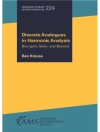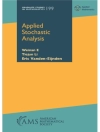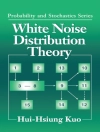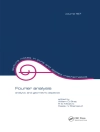‘What does your Master teach?’ asked a visitor. ‘Nothing, ‘ said the disciple. ‘Then why does he give discourses?’ ‘He only points the way — he teaches nothing.’ Anthony de Mello, One Minute Wisdom During the last three decades there has been a growing interest in algorithms which rely on analogies to natural processes. The emergence of massively par- allel computers made these algorithms of practical interest. The best known algorithms in this class include evolutionary programming, genetic algorithms, evolution strategies, simulated annealing, classifier systems, and neural net- works. Recently (1-3 October 1990) the University of Dortmund, Germany, hosted the First Workshop on Parallel Problem Solving from Nature [164]. This book discusses a subclass of these algorithms — those which are based on the principle of evolution (survival of the fittest). In such algorithms a popu- lation of individuals (potential solutions) undergoes a sequence of unary (muta- tion type) and higher order (crossover type) transformations. These individuals strive for survival: a selection scheme, biased towards fitter individuals, selects the next generation. After some number of generations, the program converges — the best individual hopefully represents the optimum solution. There are many different algorithms in this category. To underline the sim- ilarities between them we use the common term "evolution programs" .
Zbigniew Michalewicz
Genetic Algorithms + Data Structures = Evolution Programs [PDF ebook]
Genetic Algorithms + Data Structures = Evolution Programs [PDF ebook]
Купите эту электронную книгу и получите еще одну БЕСПЛАТНО!
язык английский ● Формат PDF ● ISBN 9783662028308 ● издатель Springer Berlin Heidelberg ● опубликованный 2013 ● Загружаемые 3 раз ● валюта EUR ● Код товара 6341328 ● Защита от копирования Adobe DRM
Требуется устройство для чтения электронных книг с поддержкой DRM












